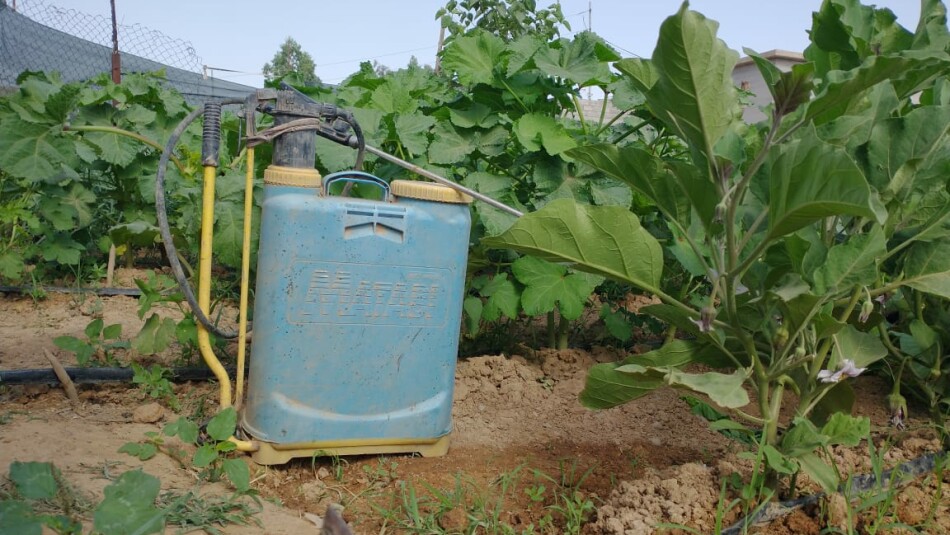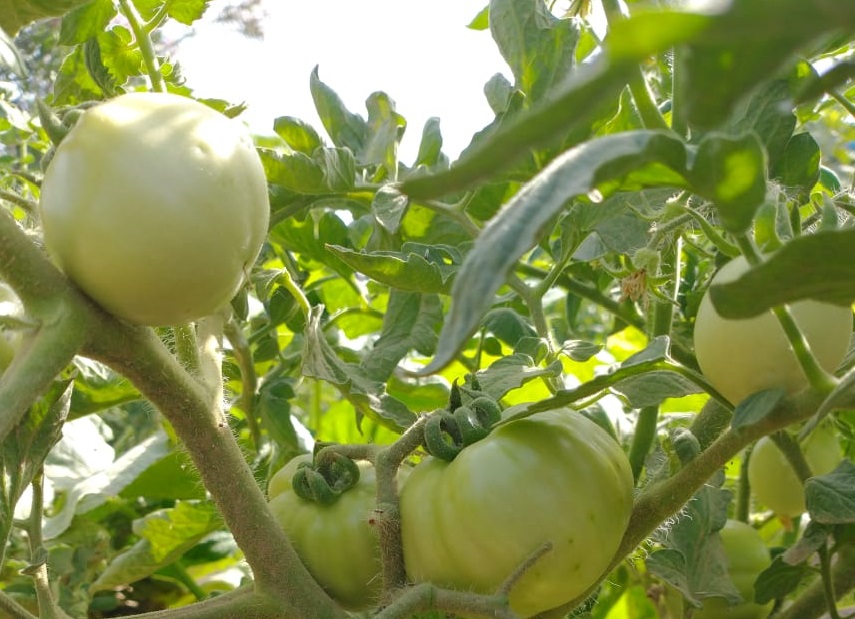
The importation of foreign plant seeds coated with chemicals is impacting reproduction and pregnant women, leading to premature births and stunting fetal growth, as noted by health and agricultural experts. This issue coincides with an influx of seeds that require chemical assistance to grow.
The so-called "commercial" seeds, mostly imported, such as fruit and vegetable seeds, cannot be replanted the following year, sparking an ongoing debate among farmers, as well as agricultural and health experts, due to the harm they pose to human health, particularly in terms of reproduction.
Twana Arif, along with his father, has cultivated numerous acres of agricultural land with vegetables and fruits along the banks of the Little Zab River in Goptapa village of Aghjaler sub-district in Sulaimani province.
"In the past, when we planted a seed, we could replant it for many years. However, now seeds are engineered in a way that prevents replanting, as most do not grow or bear fruit," Twana explained.
These commercial seeds are chemically coated, predominantly genetically modified, resulting in products that differ in composition, taste, size, and color from domestic seeds.

"For instance, when we purchase strawberry seeds, they only yield for one year, requiring fresh seeds the following year," Arif stated. "These seeds are chemically treated and cannot grow without chemicals."
"Despite the known negative impact on human health, we feel compelled to use them because without them, we would not be productive."
Omid Ahmad, an agricultural engineer with a master's degree in soil biology, emphasized that genetic modification of seeds and pesticides can be detrimental to human health when consumed.
The impact is especially pronounced for those with increased exposure to the plants. Currently, farmers rely on various chemical fertilizers and imported pesticides to cultivate their crops, unlike domestic seeds that previously required minimal pesticide use.
The effect may be greater for those who have more contact with the plant
"Local seeds used to be resilient to the region's climate and could be replanted annually. However, these genetically modified seeds, produced by companies, offer high yields but are harmful and costly. Furthermore, they cannot be replanted the following year," Ahmad added.
"Pesticide-coated seeds decompose in the soil, contaminating groundwater and altering plant genetics. When consumed, these products mix with the human body."
Shina Sharif, a researcher at the Kurdistan Board for Strategic Scientific Research, noted that these modified seeds lose their nutritional value compared to their original counterparts.
"When seeds are genetically altered for improved taste, color, or size, they necessitate chemical use due to their unnatural resistance to drugs and chemicals," she added. "While they may satisfy, they deprive the body of essential vitamins and minerals."

Sozan Jalal, a gynecologist and obstetrician, believes that genetic modification itself does not pose a direct threat to human health if chemicals are not applied to the seeds. However, research from the Kurdistan Board for Strategic Scientific Research indicates that any pesticides or chemicals used on plants can harm soil and subsequently affect human health.
These chemicals can lead to premature births, hormonal disruptions, and reproductive issues, particularly in pregnant women.
Jalal advises pregnant women to avoid exposure to these pesticides and the farms where they are utilized.